Brazilian Steak Seasoning: A Flavorful Journey Through Global Spice Traditions
When it comes to bold, smoky, and aromatic seasonings, few can match the intensity of Brazilian steak seasoning. This unique blend is a staple in Brazilian barbecue (churrasco) and has become a favorite among spice lovers worldwide. In this article, we'll explore the origins, flavor profile, and global influence of Brazilian steak seasoning, while offering practical tips for using it like a pro.
Table of Contents
- Introduction to Brazilian Steak Seasoning
- Understanding the Flavor Profile
- Global Spice Traditions and Their Influence
- Practical Tips for Using Brazilian Steak Seasoning
- Buying Guide: How to Choose the Best Brazilian Steak Seasoning
- Conclusion
Introduction to Brazilian Steak Seasoning
Brazilian steak seasoning, also known as churrasco seasoning, is a robust mix of spices that gives grilled meats their signature flavor. It typically includes garlic, salt, black pepper, paprika, oregano, and sometimes cumin or coriander. The exact recipe varies by region and chef, but the goal is always the same: to enhance the natural taste of the meat without overpowering it.
This seasoning isn’t just about flavor—it’s about tradition. In Brazil, churrasco is more than a meal; it’s a cultural experience. From the sizzling grill to the generous portions, everything revolves around the art of grilling and the magic of the right seasoning.
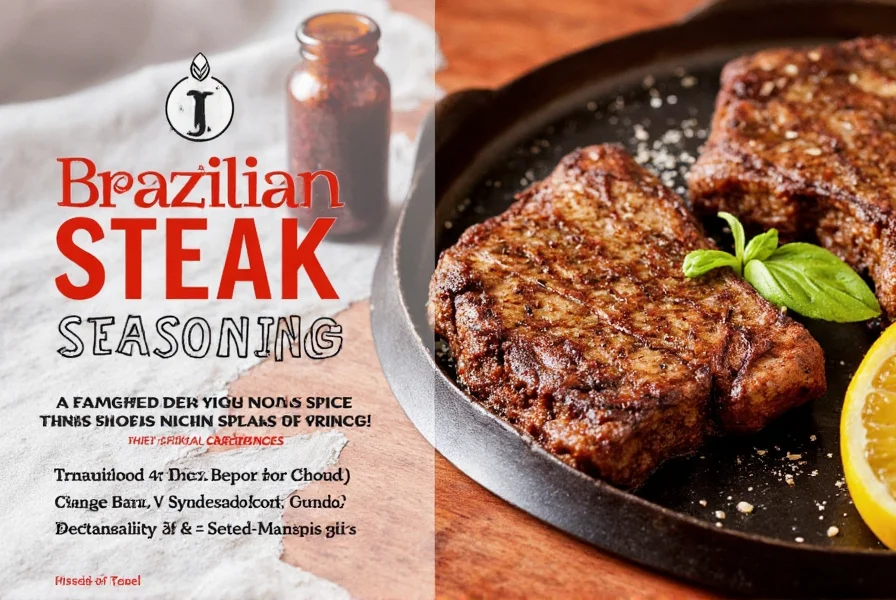
Understanding the Flavor Profile
The beauty of Brazilian steak seasoning lies in its balance. It’s not overly spicy, but it has enough depth to stand out. Let’s break down the key components:
- Garlic: Adds a pungent, savory note that enhances the meat’s natural flavor.
- Black Pepper: Provides a subtle heat and complexity.
- Paprika: Offers a mild sweetness and a beautiful red hue.
- Oregano: Brings an earthy, slightly bitter note that complements the smokiness of the grill.
- Cumin (optional): Adds a warm, nutty flavor often found in regional variations.
Together, these ingredients create a seasoning that’s both bold and versatile. It works well on beef, pork, chicken, and even vegetables, making it a must-have in any spice cabinet.
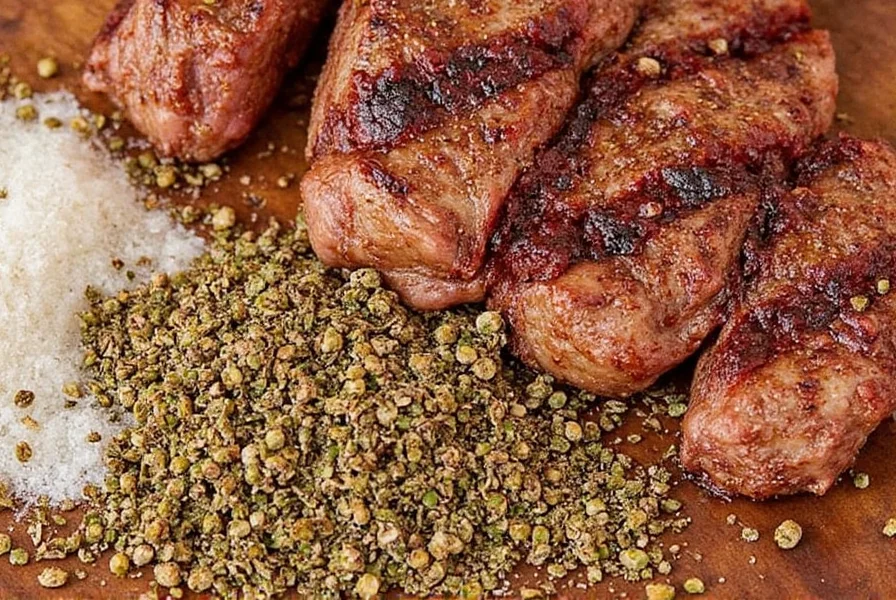
Global Spice Traditions and Their Influence
Spices have always been a bridge between cultures. While Brazilian steak seasoning has its roots in South America, it draws inspiration from global spice traditions. For example:
- Mexican Salsas: The use of garlic and chili peppers mirrors the boldness of Brazilian seasoning.
- Mediterranean Herbs: Oregano and thyme are common in both Brazilian and Mediterranean cooking.
- Indian Garam Masala: Though different in composition, it shares the concept of layering flavors for maximum impact.
This cross-cultural exchange has made Brazilian steak seasoning a favorite among chefs and home cooks alike. Whether you're grilling at home or experimenting with new recipes, this seasoning brings a touch of the world to your plate.
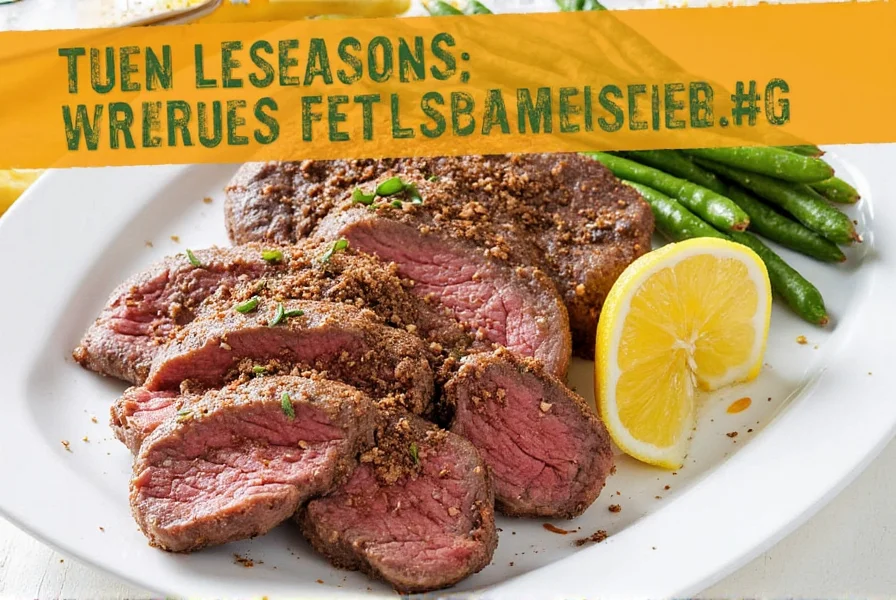
Practical Tips for Using Brazilian Steak Seasoning
Whether you're a seasoned griller or a beginner, here are some tips to help you make the most of Brazilian steak seasoning:
- Use it on meat before grilling: Apply the seasoning generously to the surface of the meat for maximum flavor absorption.
- Experiment with other dishes: Try it on roasted vegetables, grilled fish, or even as a rub for tofu.
- Pair it with citrus: A squeeze of lime or lemon can cut through the richness of the seasoning and brighten the dish.
- Store it properly: Keep it in an airtight container away from moisture and direct sunlight to preserve its potency.
- Make your own blend: Customize the seasoning by adjusting the proportions of each spice based on your taste preferences.
Remember, the best part of using Brazilian steak seasoning is that it's incredibly versatile. Don't be afraid to get creative!
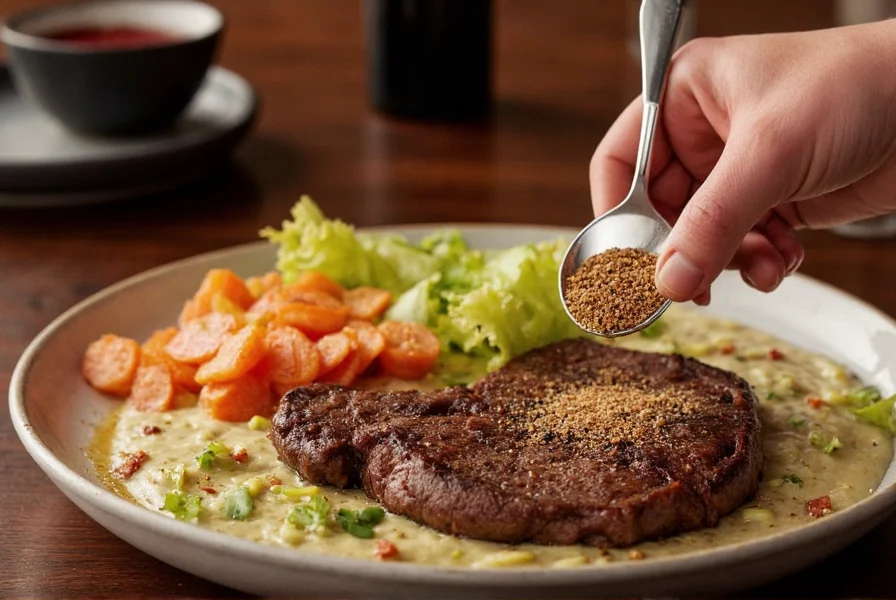
Buying Guide: How to Choose the Best Brazilian Steak Seasoning
If you're looking to buy Brazilian steak seasoning, there are several factors to consider. Here's a breakdown of what to look for:
| Feature | Description |
|---|---|
| Ingredients | Look for a seasoning that contains garlic, salt, black pepper, paprika, and oregano. Avoid products with excessive additives or artificial preservatives. |
| Origin | Some brands claim to be authentic Brazilian, so check for transparency in sourcing and production. |
| Flavor Intensity | Choose a seasoning that matches your taste—some are more aggressive, while others are milder. |
| Brand Reputation | Research reviews and recommendations to find a trusted brand that delivers consistent quality. |
| Use Cases | Consider whether you want it for grilling, roasting, or general cooking. Some blends are designed for specific applications. |
One popular option is Churrasco Seasoning by Spicy World. This blend features a perfect balance of garlic, paprika, and oregano, making it ideal for grilled meats. It’s great for backyard barbecues, dinner parties, or even as a gift for food enthusiasts.
Another excellent choice is Grill Master Brazilian Rub, which includes a hint of cumin for added depth. It’s particularly suited for those who enjoy a little extra warmth in their seasoning.
Both options are user-friendly and come in sizes suitable for home use. They’re also perfect for special occasions, such as family gatherings or holiday meals.
Conclusion
Brazilian steak seasoning is more than just a spice—it’s a symbol of tradition, flavor, and culinary creativity. Its rich history and global appeal make it a must-have for anyone who loves to cook and experiment with new tastes.
Whether you're grilling a steak, preparing a roast, or simply adding a twist to your everyday meals, this seasoning offers endless possibilities. With the right approach, you can bring the essence of Brazil to your kitchen and share it with friends and family.
So, grab a bottle of Brazilian steak seasoning, fire up the grill, and let the flavor take center stage. After all, life is too short for bland food.
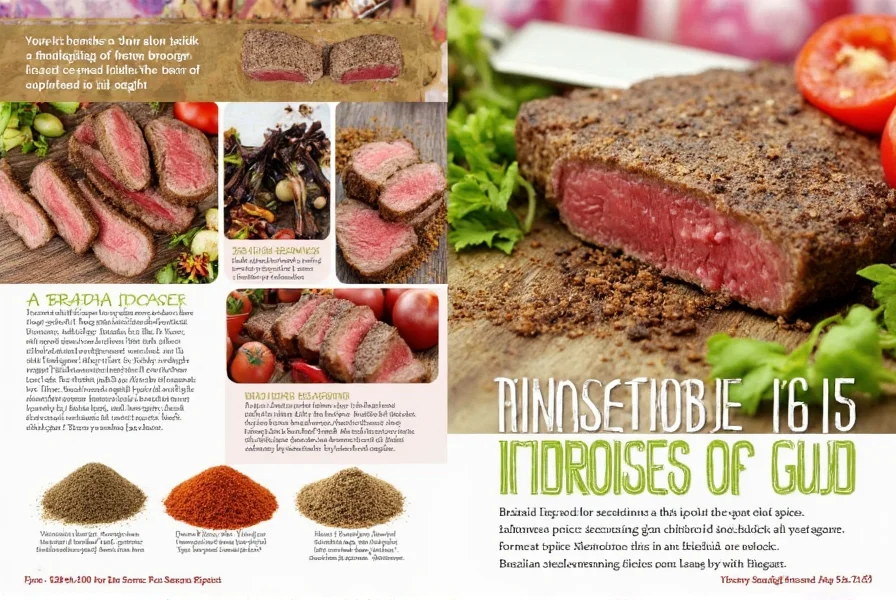
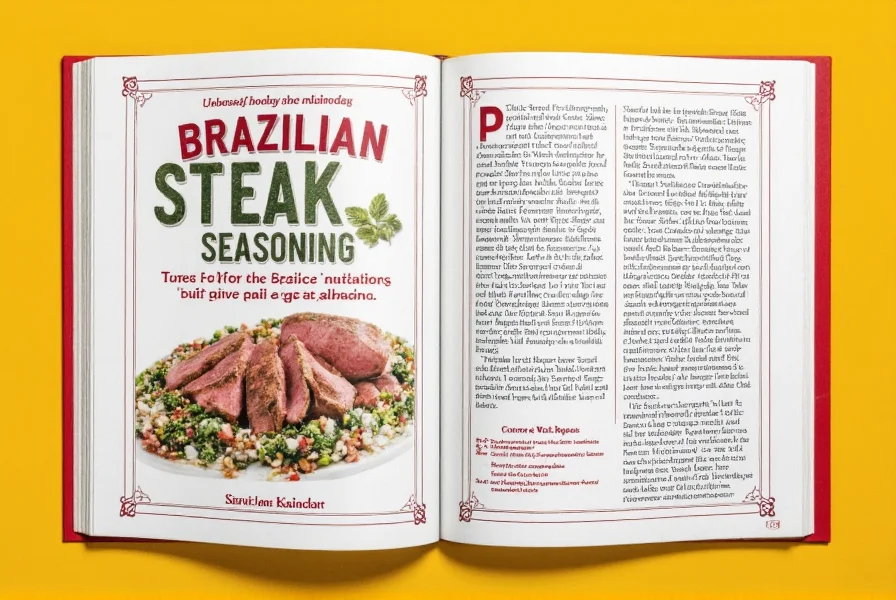
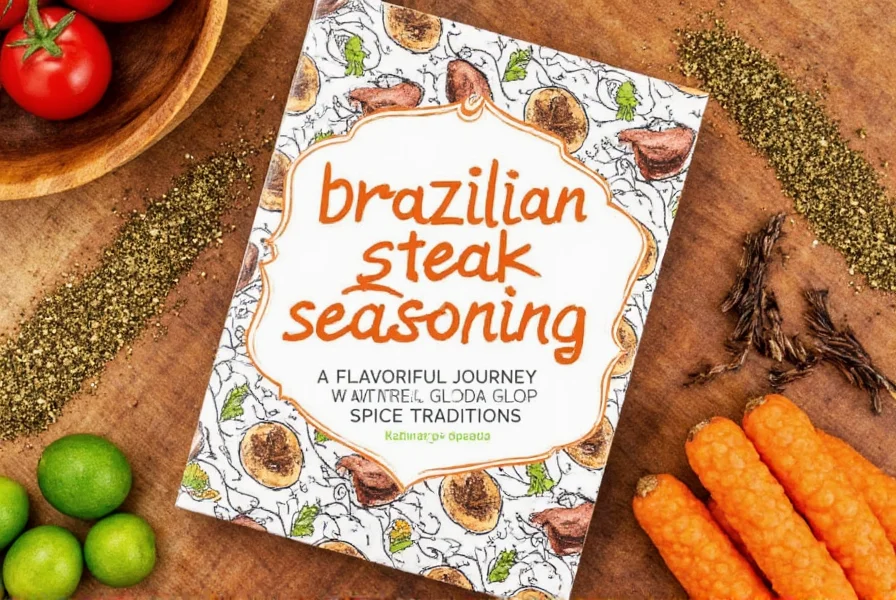

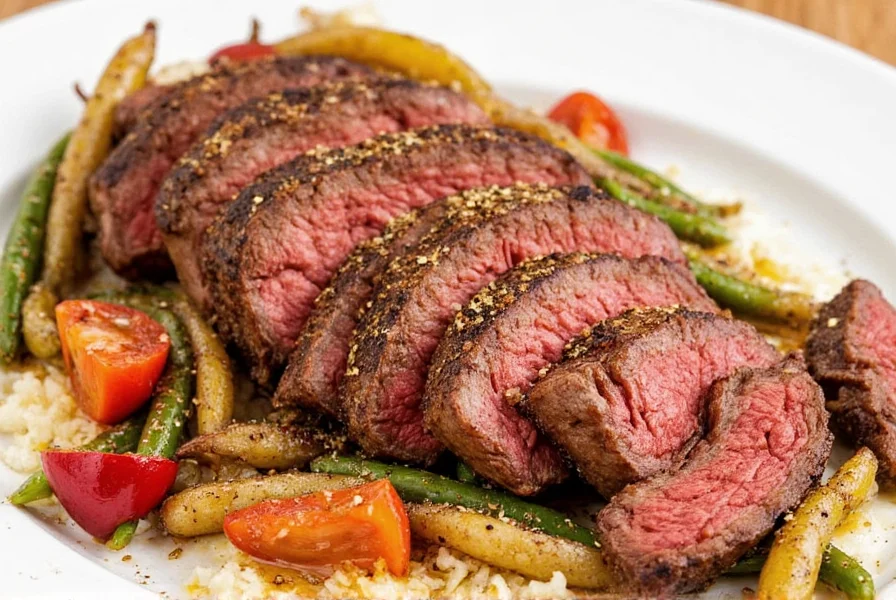









 浙公网安备
33010002000092号
浙公网安备
33010002000092号 浙B2-20120091-4
浙B2-20120091-4